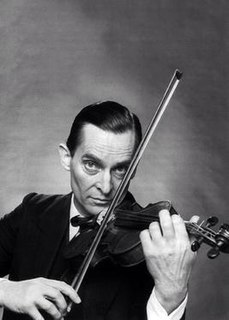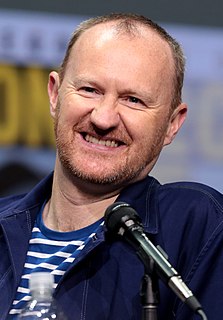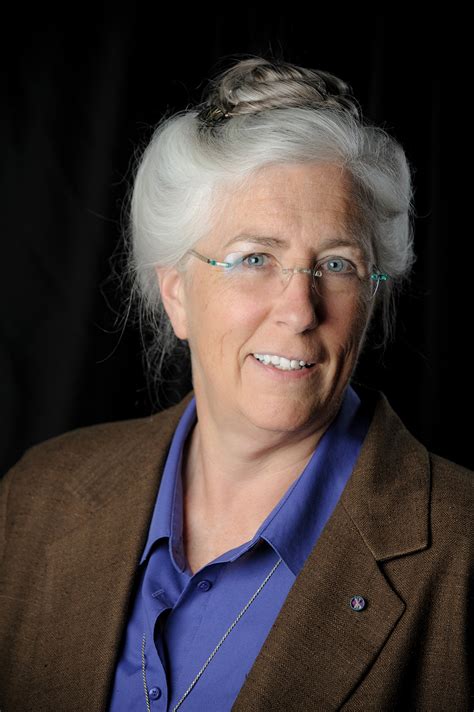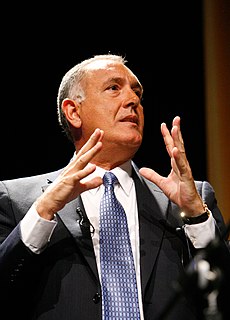A Quote by Victor Kiam
A negotiator should observe everything. You must be part Sherlock Holmes, part Sigmund Freud.
Quote Topics
Related Quotes
Notes for a ballet, The Spell: ... Suddenly Sigmund hears the flutter of wings, and a group of wild swans flies across the moon ... Sigmund is astounded to see that their leader is part swan and part woman - unfortunately, divided lengthwise. She enchants Sigmund, who is careful not to make any poultry jokes.
It's an essay that Sigmund Freud wrote about E.T.A. Hoffman's short story called "The Sandman" where someone mistakes an inanimate object for a living, breathing human being. And one of the things that Sigmund Freud really felt was that in modern life people assign qualities to objects around them that may not exist there whatsoever.
I remember when I was a kid, I loved Sherlock Holmes. I thought Arthur Conan Doyle was one of the greatest writers, because I felt I knew Sherlock Holmes. He existed to me. When I went to England the first thing I did was go to Baker Street to look for his house. I think you've got to try to make all of your characters as empathetic and realistic as possible.
I was fifteen when I first met Sherlock Holmes, fifteen years old with my nose in a book as I walked the Sussex Downs, and nearly stepped on him. In my defense I must say it was an engrossing book, and it was very rare to come across another person in that particular part of the world in that war year of 1915.


































